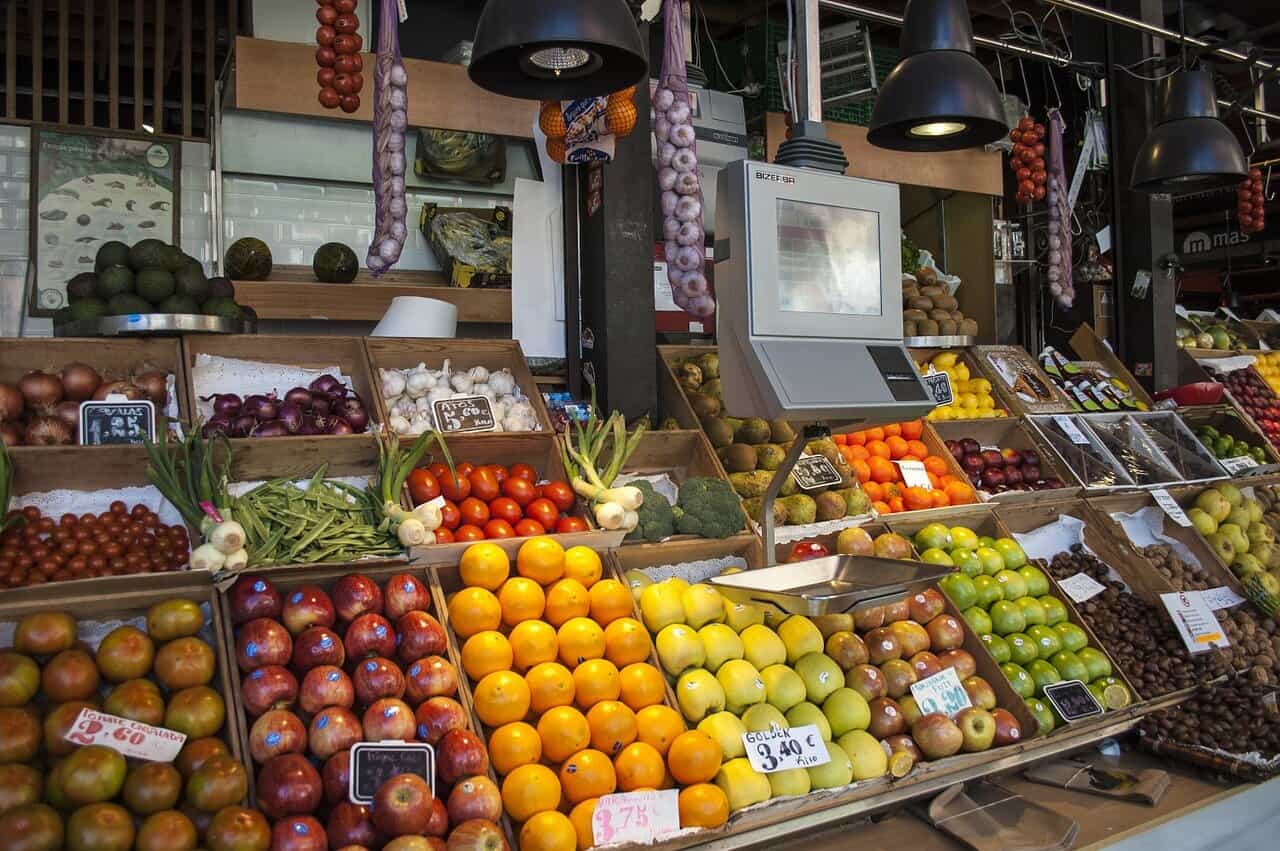
Food justice rejects the current agricultural industrial complex, and is the only way to establish equity, justice, and sustainability in our food system.
Food justice rejects the current agricultural industrial complex.
The food justice movement considers nutritious, sustainable, and culturally appropriate food a human right. Food justice rejects the current agricultural industrial complex. While entirely dismantling the food system may seem radical, it’s the only way to establish equity, justice, and sustainability.
Our food system, like the rest of corporate capitalism, is informed by racism and patriarchy. Lands were stolen from First Peoples and given away or sold at a pittance to white settlers. Plantations and businesses in the South and the North were propped up by enslaved Africans. After Abolition, many former slaves and their descendants had to continue working in the fields, now as sharecroppers, in conditions not much different from slavery, to pay their debts. Government practices disadvantaged Black farmers so very few of those who managed to purchase land were able to hold on to it. The ramifications are all around us: food apartheid, the racial wealth gap, high rates of obesity and diabetes among non-whites.
Food justice is restorative justice.
Popular culture often identifies alternative food movements with middle class whites. Upscale farmers’ markets, overpriced health food stores, and farm to fork restaurants are ubiquitous. But in the 1960s, the renowned Black comedian and civil rights activist Dick Gregory urged people to adopt vegetarian diets as integral to the rejection dominance embedded in both racism and animal slaughter. A few years later, the late 1960s, the Black Panther Party jump started the school breakfast program by distributing breakfast to 20,000 children. The United Farmworkers brought Mexican and Filipino farmworkers together to fight for farm workers' basic rights. Today, hundreds of food coops, urban gardens, and community programs serve to feed and galvanize communities of color. But these are workarounds. A system that makes a few white men extraordinarily wealthy and keeps hundreds of thousands of people of color in poverty or close to it, to say nothing of planetary devastation or animal cruelty, needs to be abolished.
The food justice movement could be pivotal to an uprising in which marginalized communities come together to fight not only for access to healthy food but also for equity in education and housing and employment. Food justice is restorative justice.
Amy Halpern-Laff is the Director of Strategic Partnerships for FFAC.